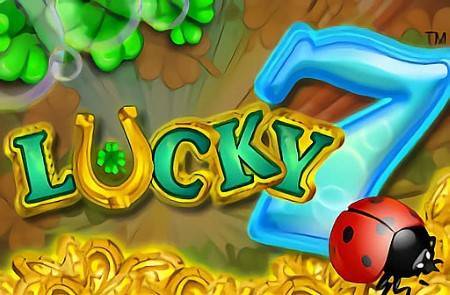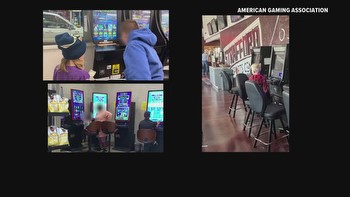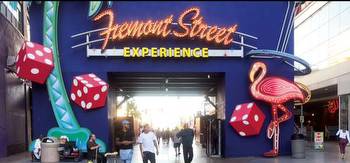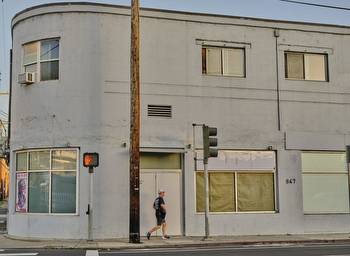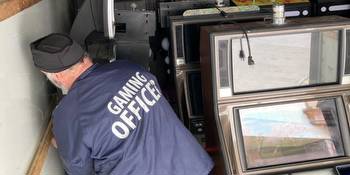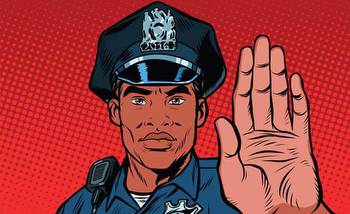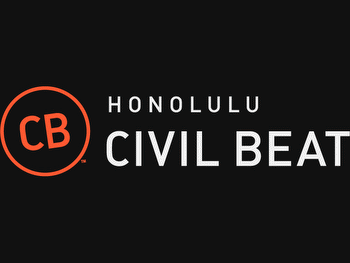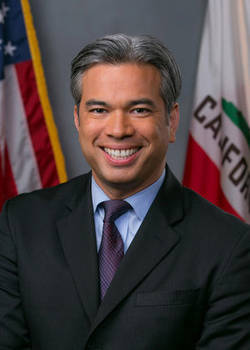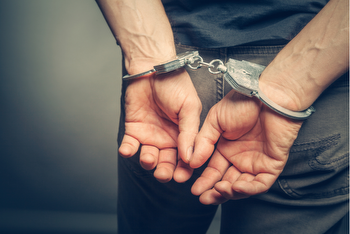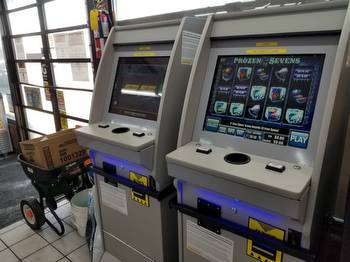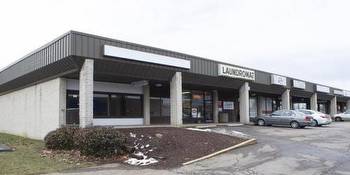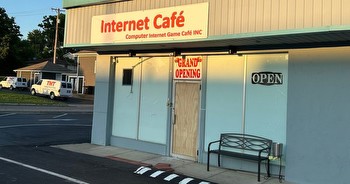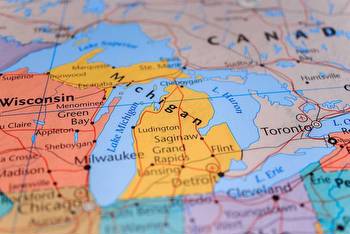Illegal Gambling Rooms Keep Springing Up But Police Have Few Tools To Shut Them Down
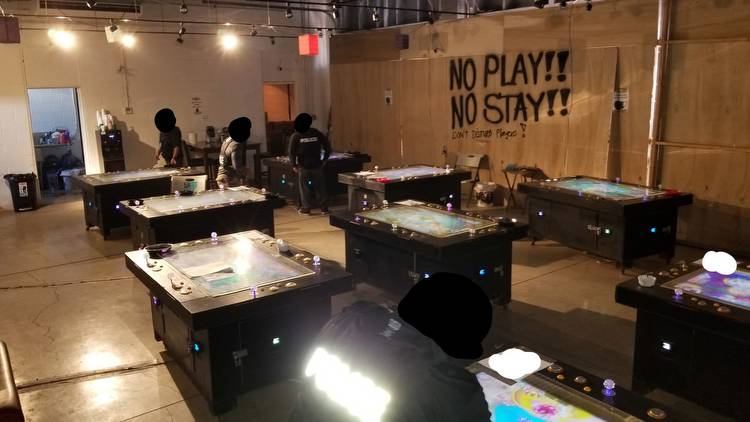
This is the second installment in a new series, “Rolling the Dice,” which is taking a deeper look at the perennial question of whether gambling should be legalized in Hawaii.
On any given night on Oahu, the Honolulu Police Department’s Narcotics and Vice Division is keeping tabs on dozens of illicit gambling rooms scattered across the island in abandoned storefronts, warehouses and homes.
That’s often all the authorities can do. Gambling in any form is illegal in Hawaii, but local police have few tools to crack down on the increasingly common backroom operations that provide access to slot machines and table games.
An investigation into just one game room can take weeks while officers gather enough evidence for a judge to sign a search warrant for a raid.
According to state law, it’s not illegal to own or even use a gaming machine unless money changes hands. Therefore, local law enforcement is unable to take a preventative approach to illicit game rooms and can do little to stem the flow of gambling machines to the island.
Instead, authorities are left with no choice but to lie in wait, occasionally shutting down a gambling den while making no significant dent in the number of game rooms across the island.
“If the courts or the law allowed officers to recognize a gambling device on site based off training and experience it would greatly increase their ability to address the rooms and shorten the time of the investigation necessary,” Lt. Michael Brede, head of HPD’s gambling detail, told Civil Beat.
Meanwhile, the estimated number of game rooms on Oahu and, subsequently, the number of raids has grown.
In 2021, the HPD raided 50 game rooms and arrested 31 people, a slight uptick from the year prior when police broke up 41 game rooms and arrested 28 people. Prior to the pandemic, police conducted 32 raids and arrested 45 people in 2019, compared with 31 raids in 2018.
“There’s probably been a rise in the amount of rooms and where they’re at, but it also came down to us just doubling down and working harder,” Brede said, adding that the largest number of gaming machines seized came from the Kalihi area followed by West Oahu and Pearl City.
The proliferation of the game rooms underscores a longstanding dilemma facing Hawaii, which is one of only two states that has not legalized gambling. The other is Utah.
Supporters of legalizing gambling — either in the form of a casino, a lottery or sports betting — argue that people will find a way to place their bets so it’s better to regulate the practice. Opponents fear that gambling could prompt criminal activity including drugs.
Data provided by HPD shows that not all raids result in arrests and even when they do, they don’t often lead to the apprehension of the individuals running the game rooms, Brede said.
Instead the raids usually result in the low-level arrests of workers who face misdemeanor charges of either promoting gambling or possession of a gambling device in the second degree, which is only a crime once the device has been used to bet money.
Last year, legislators introduced a bill in an attempt to crack down on game room owners by making hosting activities that promote gambling on their property a class C felony, which would carry a maximum sentence of five years in prison, but the bill died in the waning days of the legislative session.
As the frequency of raids continue to increase, so have the number of gaming machines that have been confiscated by police through civil asset forfeiture, one of the tools police and prosecutors have employed to combat gambling on the island.
The Honolulu Police Department has more than 700 gaming machines stored in its evidence warehouse at an undisclosed location on the island. These machines were seized through the civil asset forfeiture process, which allows police to take property suspected as having been used in the commission of a crime.
The most common devices used in game rooms are digitized slot machines and multiplayer video table games where players catch as many fish as possible using purchased credits. Brede said gamblers usually much reach a threshold before they cash out, whether it be $20, $30, or $50, and are paid by on-site cashiers.
The HPD’s policy is to hold the machines until the case is closed or for two years after the statute of limitations expires.
The next step is to publish a public notice and send letters to potential owners of the machines, who could then file a claim to recover their property.
To date, no one has come forward to claim any gaming machines, and all unclaimed machines are destroyed.
Police also seize cash found during gambling room raids, which ranges from between $5,000 and $40,000, Brede said.
Once the money is seized, HPD has 30 days to refer the case to the Honolulu Prosecuting Attorney’s Office, which has 45 days to file a forfeiture petition with the Attorney General’s Office.
The Honolulu Prosecuting Attorney’s Office has filed more than 60 asset forfeiture petitions over the last three years, and approximately 85% of those petitions are related to money seized from gambling operations, said spokesman Matt Dvonch.
According to annual reports filed by the attorney general, the Honolulu Police Department seized an estimated $377,333 in the 2019 and 2020 fiscal years combined. The HPD didn’t provide a breakdown of how much of that money was related to illegal gambling.
In accordance with state law, a quarter of that money is returned to HPD, a quarter goes to the prosecutor’s office, and the remaining half is deposited into the Attorney General’s criminal forfeiture fund, which is used to defray administrative expenses related to the forfeiture process, maintain and store seized property, and provide grants to law enforcement agencies.
However, raiding illegal game rooms and stripping them of their cash and gambling devices has done little to reduce the number of such operations on the island. When one game room is shut down, another just crops up in its place because there will always be money to be made on illegal gambling, Brede said.
“In order for us to do a full investigation it takes a period of time so we can’t do a search warrant every day,” Brede said. “It’s just not possible so if the profit is there it would be safe to assume that someone’s going to go after that profit.”
Another way the city has tried to reduce the number of illegal gambling operations is to reintroduce a tactic that has not been used for decades: civil nuisance abatement, which refers to a lawsuit that gives the city authority to shut down places it claims are being used for illegal purposes.
Brede said that he has filed for nuisance abatement in the wake of nearly every raid since he became head of the gambling detail in 2016, but prosecutors did not take up any of the cases until last August. That’s when Prosecuting Attorney Steven Alm filed a case against a McCully property owner accused of running a gambling operation and the alleged cashier who was awaiting trial on gambling charges for three separate cases at the same location.
“Previous administrations did not focus their efforts on civil nuisance abatement, despite HPD’s good work investigating and preparing cases,” Alm said in a statement, adding that the last civil nuisance abatement case filed by the department was in the 1980s.
Alm said that the August 2020 case will serve as a test case and his office will be looking to file more nuisance abatement complaints if it is successful.







